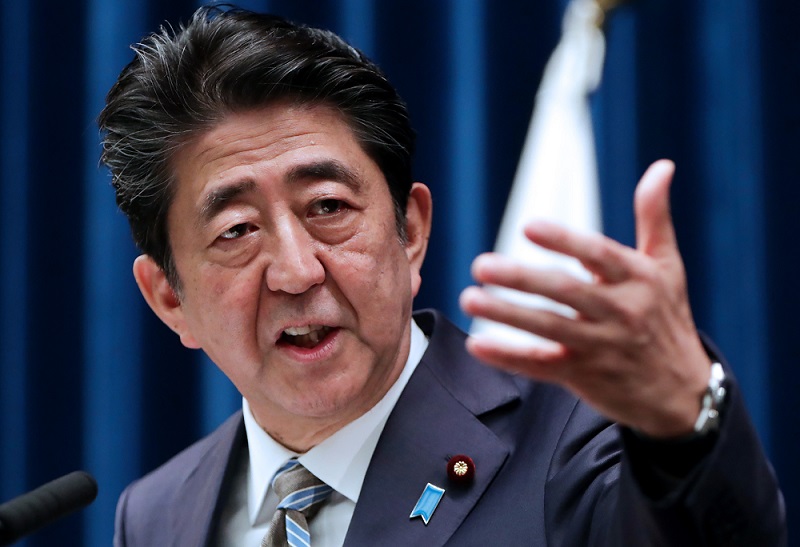
- ARAB NEWS
- 06 Jul 2025

Arab News, Tokyo
2020 will mark a new beginning in Japan as the country officially reorders names to align with its age-old tradition. The change will mean that Japanese Prime Minister Shinzo Abe will have his name written as “ABE Shinzo.”
The move would end the Western format of writing names, which has been the norm since the second half of the 19th century. Call it revivalism or merely going back to their roots, the change has been in the works for some time.
Few efforts to implement it fell by the wayside until Abe threw his weight behind the demand. Political heavyweights such as Taro Kono supported the move and even asked the foreign media to follow the same practice.
Some observers see this as a sign of an assertion of cultural identity, as a resurgent Japan is no longer willing to do things simply for the convenience of the West.
Even though ordinary citizens are not obliged to follow suit, the change amounts to an alignment with the mostly Asian phenomenon — especially in China and the Koreas — where the family name traditionally comes first and is followed by the given name.
The change is likely to be difficult considering the various events scheduled to take place in Japan in the coming months. With the country preparing to welcome athletes from around the world for the 2020 Olympic Games, it may prove to be a logistical challenge.
A similar sequence of events took place during the Seoul Games in 2012, as the authorities had to request changes to athletes’ names so that they were rendered in the traditional style.
The Japanese government’s National Language Council had recommended the name reorder almost two decades ago. Following that move, the country’s education ministry even overhauled the English language junior high school textbooks, reorganizing Japanese names in the traditional order.
Whether foreign media will adopt the standard this time around remains to be seen.